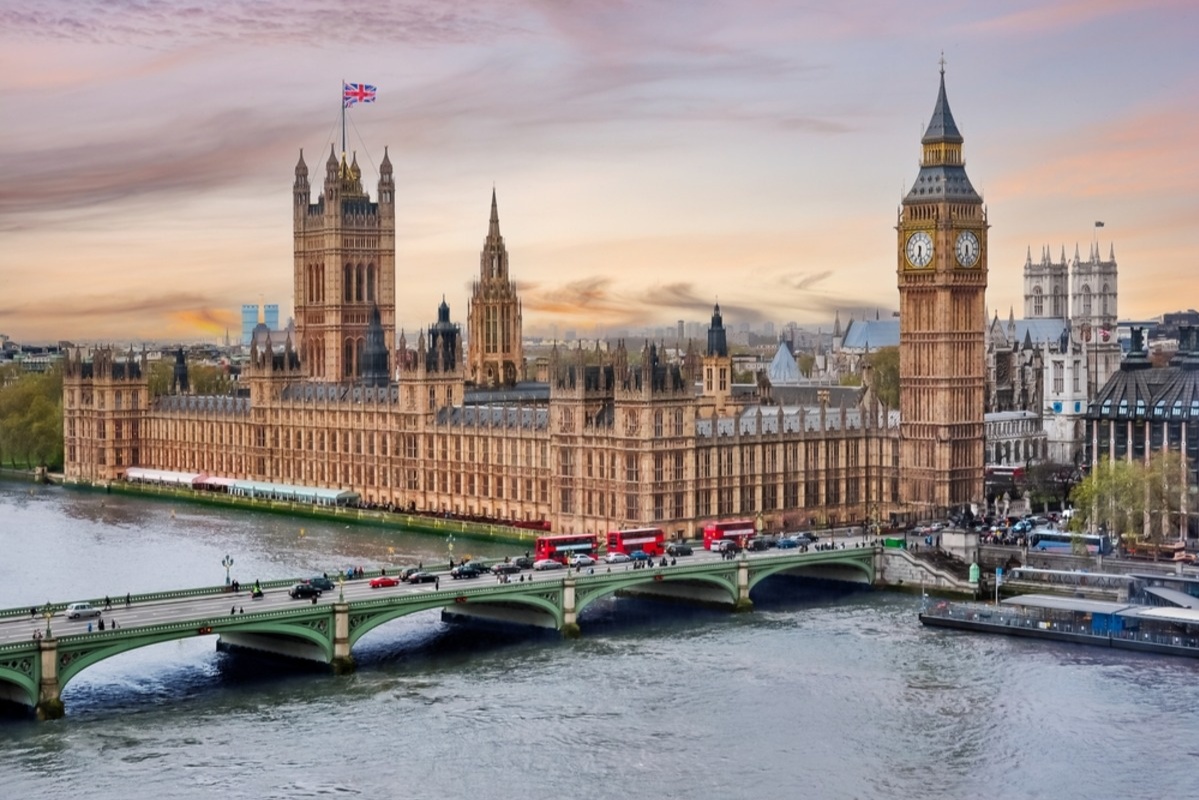U.K.’s annual inflation rate rose to 2.2 percent last month, marking its first increase since December of the previous year. This was driven by a smaller-than-expected drop in domestic energy bills compared to July 2023.
According to data from the Office for National Statistics (ONS), the government’s preferred measure of the cost of living climbed again after two months at the Bank of England’s 2 percent target. The increase, although expected by the Bank and financial markets, was slightly smaller than the 2.3 percent rise anticipated by analysts.
According to Grant Fitzner, chief economist, ONS, inflation experienced a slight increase in July. While domestic energy costs declined, the decrease was not as significant as it had been a year prior. This was partially offset by hotel costs, which fell in July after experiencing strong growth in June.
Read more: Optimism grows for U.K. markets as Bank of England slashes rates, boosts growth outlook
The rise in inflation has prompted speculation of possible back-to-back interest rate cuts when the Bank of England’s monetary policy committee meets next month. Borrowing costs were cut from 5.25 percent to 5 percent earlier this month.
Core inflation, which excludes food, energy, alcohol and tobacco, rose by 3.3 percent in the year to July, down from 3.5 percent in June. Inflation in the services sector, closely watched by the Bank’s interest rate setters, fell from 5.7 percent to 5.2 percent last month.
The fall in services sector inflation was largely due to a 6.4 percent drop in hotel prices in July, compared to an 8.2 percent rise the previous year. The ONS said it doubted whether this could be attributed to the ending of price hikes caused by Taylor Swift concerts in June, as some analysts had suggested.
U.K. house prices see largest annual increase since January
Last week, the latest data from mortgage lender Halifax revealed that house prices in the U.K. recorded the biggest yearly increase since January, rising 2.3 percent annually and 0.8 percent monthly in July.
The Halifax July house price index reveals that the average U.K. house price reached 291,268 pounds, up from 289,042 pounds in June. Notably, Northern Ireland continues to record the strongest annual house price growth in the U.K.
For more economy news, click here.




